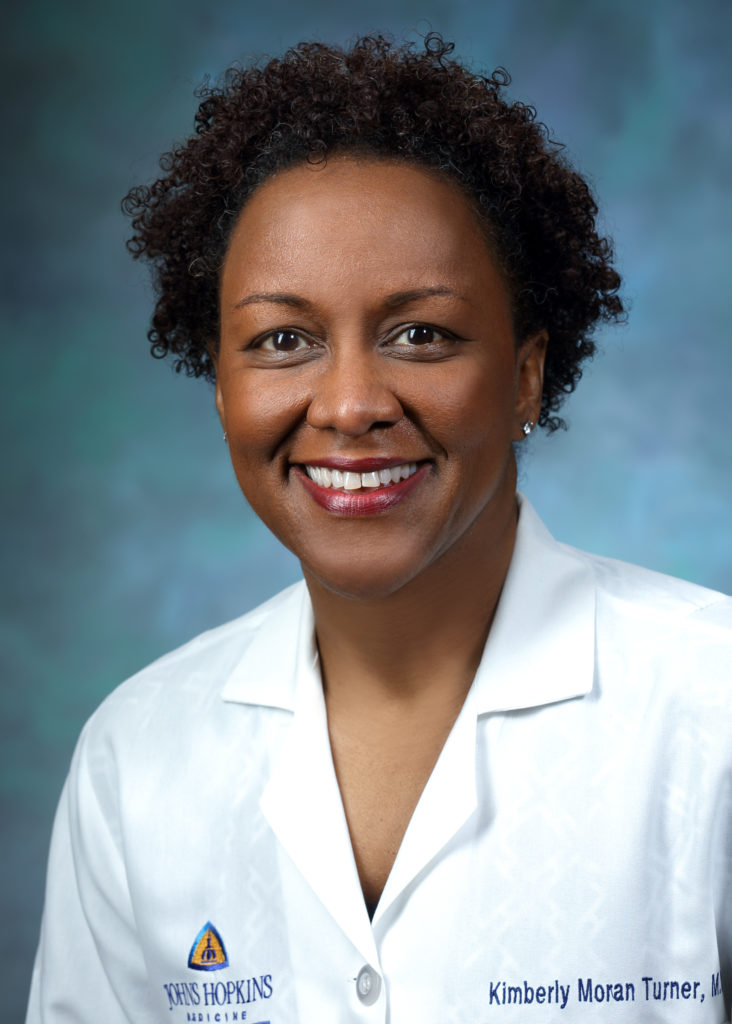Takeaway
Having faith in something helps me mitigate burnout and give empathic care to all patients.

Passion in the Medical Profession | March 14, 2022 | 1 min read
By Kimberly Turner, MD, Johns Hopkins Community Physicians
My faith has helped me to persevere through a 30-year career in medicine, specifically obstetrics and gynecology. My daily prayer is for the love of God to shine through me, in both difficult clinical situations and in the mundane daily interactions with patients and colleagues.
While a Christian faith in God isn’t shared by everyone, most have faith in something. Some believe in the power of the universe, Buddha, Allah, or even money and prestige. Here are two ways I’ve found faith to be helpful:
1. Mitigating burnout.
The pandemic has caused healthcare professionals from every specialty to question their career path. The danger and amount of work has never been higher. I had to remember that I work for the Lord and ask God to give me the stamina to endure countless sleepless nights and to protect my family. When I put faith in my higher power, instead of myself, it helps me remain positive, and not suffer from burnout.
2. Loving all people.
We sometimes take care of people who are belligerent, angry, unkind, or prejudiced. We’re called to “love the unlovable.” In my faith, that’s the example that Jesus set for us when he healed lepers, gave sight to the blind, and asked his father to forgive those who placed him on the cross. We must treat every patient the same and give excellent care to all. I’m thankful that my faith gave me a foundation that allows me to do just that!
I’m blessed to have had a full career in medicine. I’m hopeful that I’ll remain in medicine for another decade. I trust that God has plans for me. My faith allows me to look back on my career with gratitude and look forward with expectation that I’ll continue to be one of God’s messengers. Whatever you put your faith in, may it help you to be a more patient, caring, and loving clinician.
This piece expresses the views solely of the author. It does not necessarily represent the views of any organization, including Johns Hopkins Medicine.

